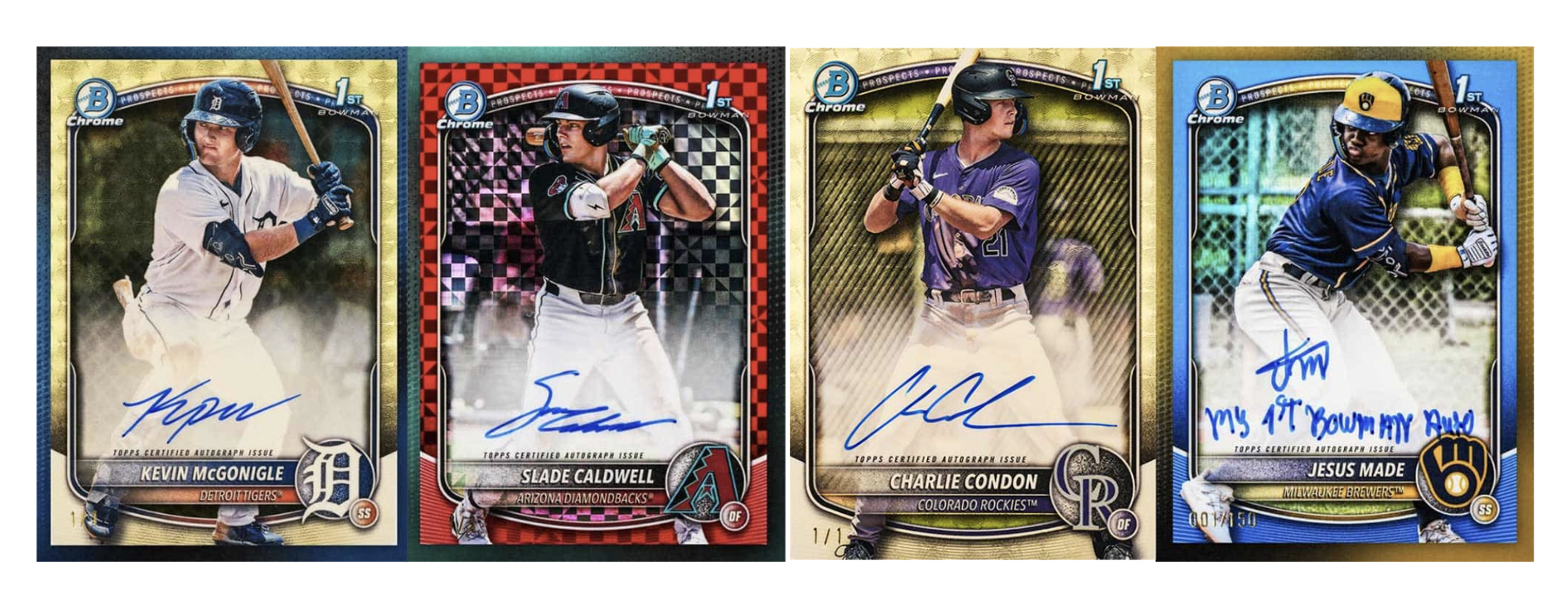
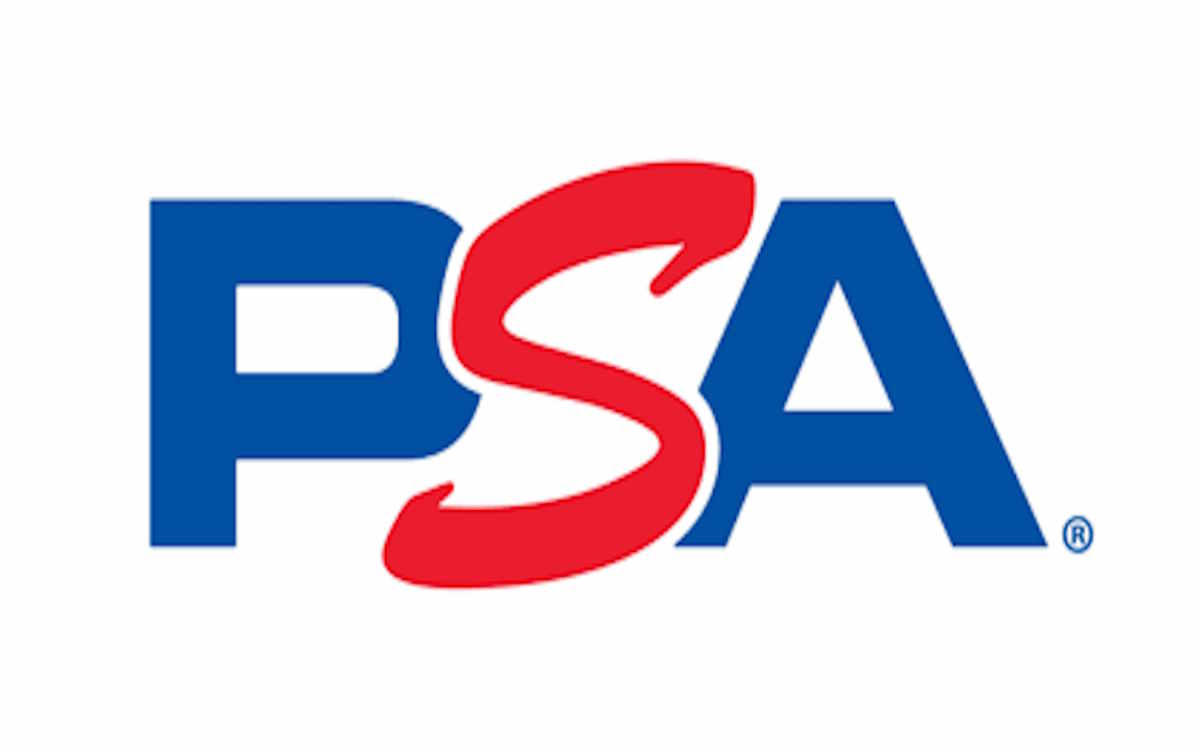
The sports card hobby has been on a fast track toward legitimacy. It has been drawing big-money investors, slick corporate deals, and a thirst for trust and transparency.
At the center of this transformation is PSA, the grading giant whose seal can make or break a card’s value. So when PSA threw its weight behind Backyard Breaks, a company riddled with controversy, it sent shockwaves through the community.
Suddenly, the very organization that’s supposed to uphold the hobby’s standards seemed to be endorsing chaos.
This partnership isn’t just about two companies working together—it’s a flashpoint in the hobby’s struggle between wild west roots and polished professionalism.
Backyard Breaks has been at the center of multiple controversies. The most damaging involved co-founder Grant Telford, who made deeply offensive and disturbing comments during a Whatnot livestream.
These remarks were widely perceived as promoting pedophilia and sexual abuse, though defenders have said it was just a joke. Those comments led to Telford’s suspension from the platform and from streaming on Whatnot, sparking intense backlash.
Another major controversy surrounded the “Gold Kaboom!” card. On January 13, 2024, during a live break, they pulled a rare Trevor Lawrence Gold Kaboom card and initially promised to give it away for free to a Twitch user who had paid $2,500.
However, after realizing the card’s value—estimated to be up to $25,000—they reversed course, deciding instead to donate $20,000 to charity. This sparked backlash over fairness and transparency.
Beyond these headline scandals, Backyard Breaks has faced criticism for its use of gambling-like “mystery pack” promotions, which many collectors felt exploited customers by mimicking the mechanics of gambling.
Additionally, questions about the overall fairness and transparency of their break operations have surfaced repeatedly, with some collectors doubting the legitimacy of specific break outcomes.
Together, these scandals have left a lasting stain on Backyard Breaks’ image, fueling ongoing debates around ethics, transparency, and accountability in the fast-growing live break industry.
In early 2024, Backyard Breaks and PSA teamed up for a series of high-profile live break events hosted at PSA’s headquarters. It marked one of the most visible collaborations between a major card grading company and a live break operator.
These multi-day marathon-style sessions took place at PSA’s facility, primarily in New Jersey, and featured the live opening of premium trading card products such as the 2023-24 Prizm Basketball set.
This cooperation has reached an unprecedented level, raising numerous questions in light of the controversy surrounding Backyard Breaks.
During these events, Backyard Breaks streamed live to their audience on platforms like Whatnot and their channels. These breaks stood out because of PSA’s active on-site involvement.
PSA graders were present during the events, grading cards immediately after they were pulled. This allowed collectors to witness the entire journey from pack opening to professional grading under one roof.
The kind of preferred treatment that most breakers do not receive. Backyard Breaks highlighted this grading marathon in their social media posts, emphasizing the seamless collaboration and the legitimacy it provided to their breaks.
The partnership gave Backyard Breaks a significant credibility boost at a time when they needed it badly.
Being hosted by PSA, a company renowned for its strict grading standards and industry influence, implied a level of trustworthiness and quality assurance that few live break companies enjoy.
It also showed PSA’s willingness to engage with the growing live break trend, keeping them connected to an evolving segment of the trading card market.
PSA’s backing of Backyard Breaks went far beyond just grading cards or hosting live breaks at their headquarters. They actively promoted Backyard Breaks across their social media platforms and PSA-related content, effectively endorsing them as a trusted partner in the trading card community.
On Instagram and Twitter, PSA regularly highlighted Backyard Breaks’ live break events, posting updates and teasers that drove traffic to these streams.
For instance, PSA’s Instagram featured Backyard Breaks during a multi-day grading marathon where the Backyard team ripped packs and had cards graded right on-site. These posts often included calls to action encouraging collectors to watch the breaks live or participate by buying spots, lending Backyard Breaks the weight of PSA’s brand trust and reach.
This kind of promotion is significant because PSA is the gold standard in card grading. When they shine a spotlight on a live break company, it sends a clear message to collectors: “This is a company we trust and stand behind.”
That boosted Backyard Breaks’ reputation and helped them grow their audience, attracting more bidders and buyers to their events.
Moreover, PSA featured Backyard Breaks in special grading events and product reveals, integrating them into PSA’s broader marketing ecosystem. Social posts and videos showcased PSA graders working alongside Backyard Breaks’ team, visually and emotionally reinforcing the partnership to collectors who follow both brands.
This promotional relationship helped establish Backyard Breaks as a major player in the hobby but also tied PSA’s reputation to a partner that later became a lightning rod for controversy. This connection remains a sore point among many collectors.
One of the most heated points of contention in the PSA-Backyard Breaks relationship has been accusations from the collecting community that PSA shows favoritism in grading cards submitted by Backyard Breaks.
Collectors and hobby insiders claim PSA appears to be unusually generous or inconsistent when grading Backyard Breaks submissions, which is a serious allegation given PSA’s reputation as the industry gold standard for impartial and rigorous card grading.
The most common criticism centers around reports that PSA sometimes assigns multiple grades to the same card pulled during Backyard Breaks, creating confusion and suspicion. For example, there have been instances where a single card was reportedly given three different grades by PSA, which raises questions about the consistency and transparency of their grading process when Backyard Breaks is involved.
This kind of inconsistency undercuts confidence in PSA’s grading integrity and fuels rumors that Backyard Breaks may receive preferential treatment.
Beyond grading inconsistencies, some collectors allege that PSA grades Backyard Breaks cards “like candy”—meaning high grades, especially the coveted “Gem Mint 10” scores, are handed out too easily.
This perception, whether entirely accurate or not, damages PSA’s credibility because grading is supposed to be strictly objective, with no influence from who submits the card.
The timing of these events was complicated by the controversy surrounding Backyard Breaks’ co-founder, Grant Telford, who had made highly offensive and disturbing comments during a Whatnot livestream.
The backlash against Telford was widespread, and many questioned why PSA would continue to support Backyard Breaks publicly by hosting these live breaks at their headquarters. Despite public outcry, PSA maintained the partnership throughout the early 2024 events, which led to intense debate within the collector community about PSA’s ethical stance and its impact on the brand’s reputation.
PSA’s silence in response to requests for comment on the partnership and the controversy only added fuel to the fire. Critics argued that PSA’s ongoing support of Backyard Breaks, especially given the serious nature of the allegations against Telford, undermined the grading giant’s integrity.
We reached out to PSA for comment and, like every other media outlet, received no reply.
Throughout the unfolding Backyard Breaks controversy—including the offensive remarks by co-founder Grant Telford and accusations of grading favoritism—PSA has remained notably quiet. Despite multiple community demands and media requests for clarification, PSA has not issued any detailed public statements addressing its ongoing relationship with Backyard Breaks or the specific grading concerns raised by collectors.
This silence is striking given PSA’s stature as the hobby’s leading grading authority. Many expected PSA to either distance themselves from Backyard Breaks after the scandal or, at the very least, provide a clear explanation of their grading practices and partnership.
The absence of any official communication has left collectors and industry observers in the dark, sparking widespread speculation about PSA’s internal stance and decision-making.
The lack of transparency has only intensified criticism of PSA, with many accusing the company of tacitly endorsing Backyard Breaks despite the profound ethical implications. Some community members feel PSA’s silence undermines trust in the grading giant, as it appears unwilling to confront or address potential conflicts of interest.
One of the most perplexing aspects of this scandal is its apparent lack of coherence.
It is very clear what Backyard Breaks gains from this. A) They are being treated like one of the backbones of the hobby, on a par with PSA. That is a significant compliment to any breaking company. B) It helps legitimize them after countless scandals — especially the Grant Telford one.
If PSA is willing to do business with them, that sends the signal to everyone else in the hobby that they are kosher.
I totally understood why Whatnot didn’t sever ties with Backyard Breaks. Not that I excuse it or anything. But they need it for their business model.
PSA does not need more advertising and does not need acceptance in the hobby. Its position is as solid as they come. They are a monopoly in the grading space and a powerhouse throughout the hobby.
Yet they are tarnishing themselves by engaging in projects with an outfit like Backyard Breaks. There are so many other breaker outfits. Just about every other one is more respected.
This is not the first time PSA has raised eyebrows with its choice of partners. Earlier this year, the hobby was taken aback when news surfaced that PSA had its branding plastered on a controversial vending machine at the Plaza Casino in Las Vegas, which allows users to pay high prices for randomly graded PSA cards.
While PSA quickly distanced itself, clarifying that it wasn’t officially involved in operating the machine, which was run by Cannon Rock LLC, a company with a murky past involving shady repacks and scandals, the damage was already done.
The machine’s gambling-like nature and association with questionable operators reflect poorly on PSA’s judgment in allowing operators to use its brand.
This episode, alongside other partnership controversies, raises serious doubts about PSA’s commitment to protecting its reputation and maintaining strict standards for its collaborations, especially in an industry already grappling with ethics and transparency issues.
The PSA and Backyard Breaks partnership stands as a glaring misstep in the hobby’s push to become a more professional, corporate industry. PSA, the undisputed giant in card grading, lent its weight to a company riddled with scandals—from offensive remarks by a co-founder to questionable giveaways and gambling-style promotions.
By hosting Backyard Breaks’ live events and actively promoting them, PSA effectively endorsed a brand that many collectors view with deep suspicion, undermining efforts to elevate the hobby’s credibility.
This partnership raises serious questions about PSA’s judgment at a time when the hobby is striving to shed its Wild West image and attract more mainstream investment and respect.
Instead of reinforcing the values of transparency, fairness, and integrity, PSA’s close ties to Backyard Breaks have cast a shadow over those very ideals. The silence from PSA on the controversy only fuels doubts about their commitment to upholding standards that can help the hobby grow sustainably.
Ultimately, PSA’s alliance with Backyard Breaks isn’t just a PR problem; it’s a setback for the entire hobby’s aspirations to be bigger, cleaner, and more corporate.
In an industry where trust is the currency, partnerships like this sabotage the foundation needed for long-term growth and respectability.
2025 Topps All Star Game Mega Box Product Review
Ripping the new Topps All Star Game mega box.
Is this new sports card store the BEST VALUE around?
I Tested eBay Auction Promotions So You Don’t Have To!
I deep-dove on Fanatics Collect so you don't have to (but should you?)
Panini is launching a WNBA Product at $30,000!?
Topps Chrome 2024-25 Basketball: Honest Review and Notes
Did you know this SECRET about PSA slabs? #sportscard #tcg
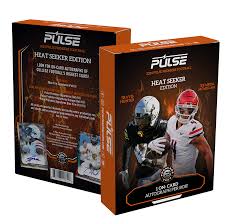
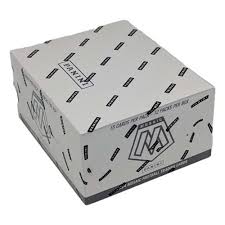
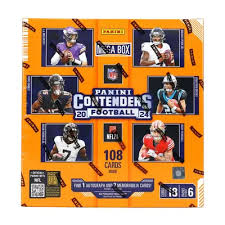
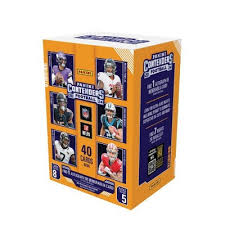
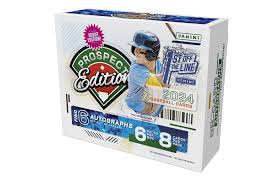
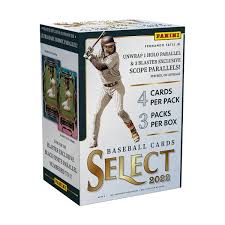
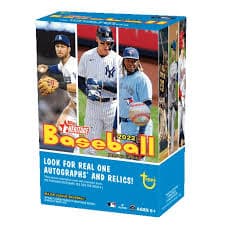
2022 Topps Heritage Baseball Blaster Box Configuration: 7 Packs per Box – 9 Cards per Box. Plus 1 extra pack.
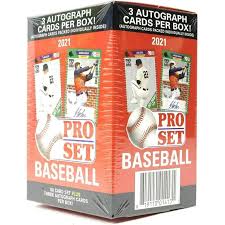
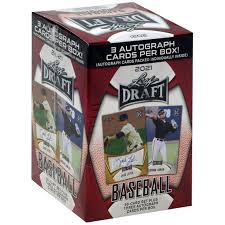
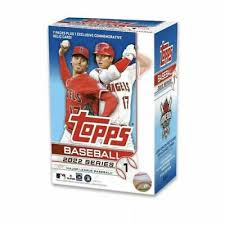
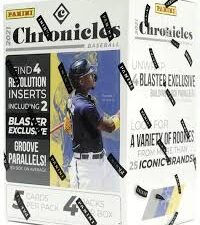
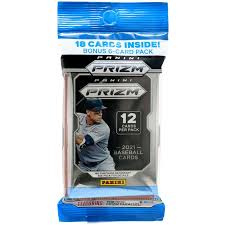
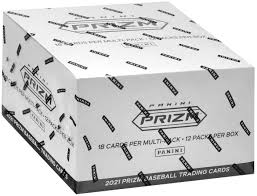

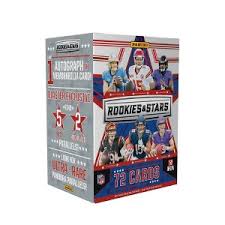
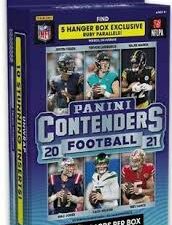
Keep up on breaking Sports Card News, our latest articles, product specials and exclusive content with expert analysis of hobby trends.

© Copyright 2025 - All rights reserved Cardlines.com / Media Techs LLC - Sports Card News, Reviews, Releases and BREAKS - #thehobby.
Important: When you click on links to various merchants on this site and make a purchase, this can result in this site earning a commission. Affiliate programs and affiliations include, but are not limited to, the eBay Partner Network.
The Ultimate 2024 Football Card Brand Tier List (Panini vs. Topps and more!)
Cardlines July 7, 2025 7:00 pm